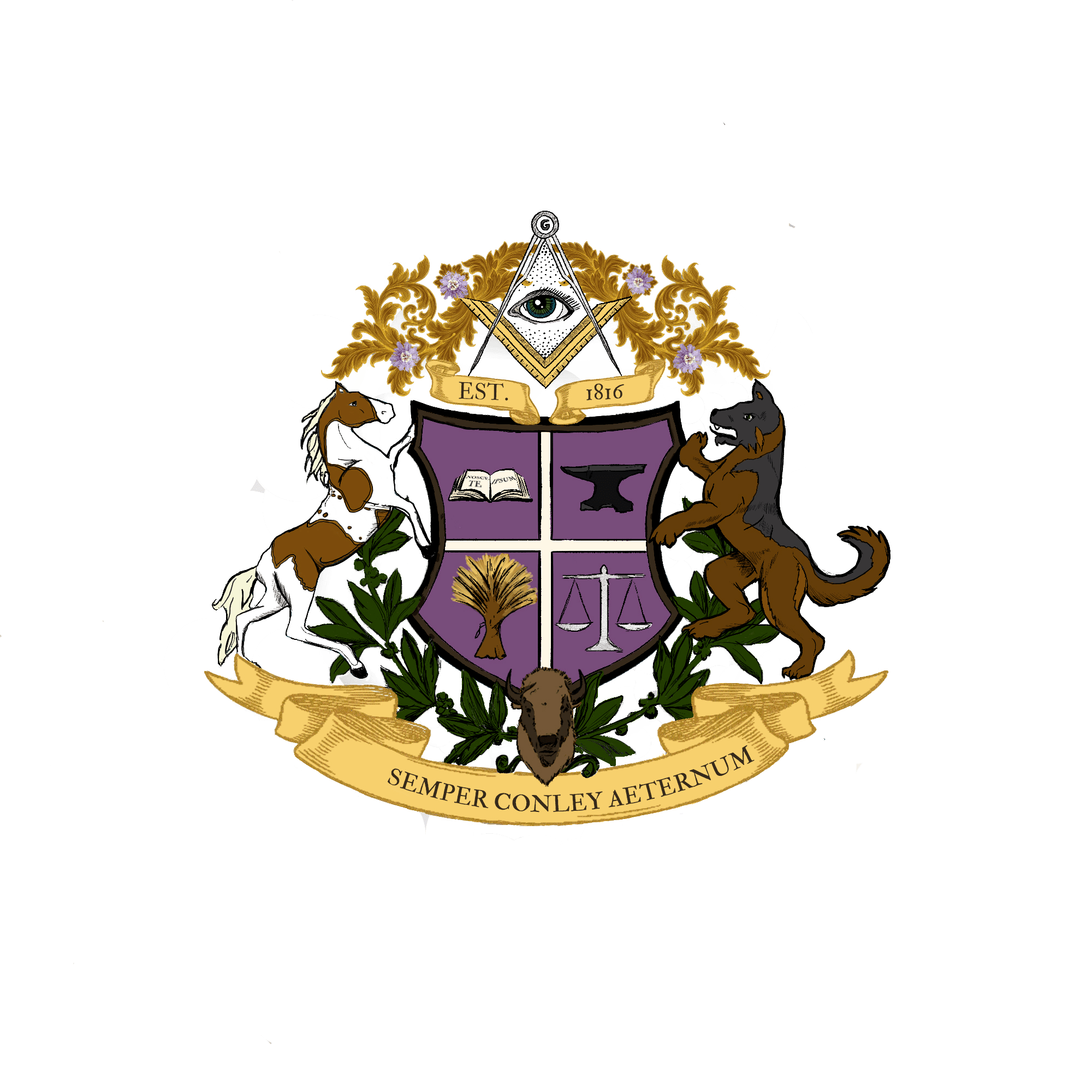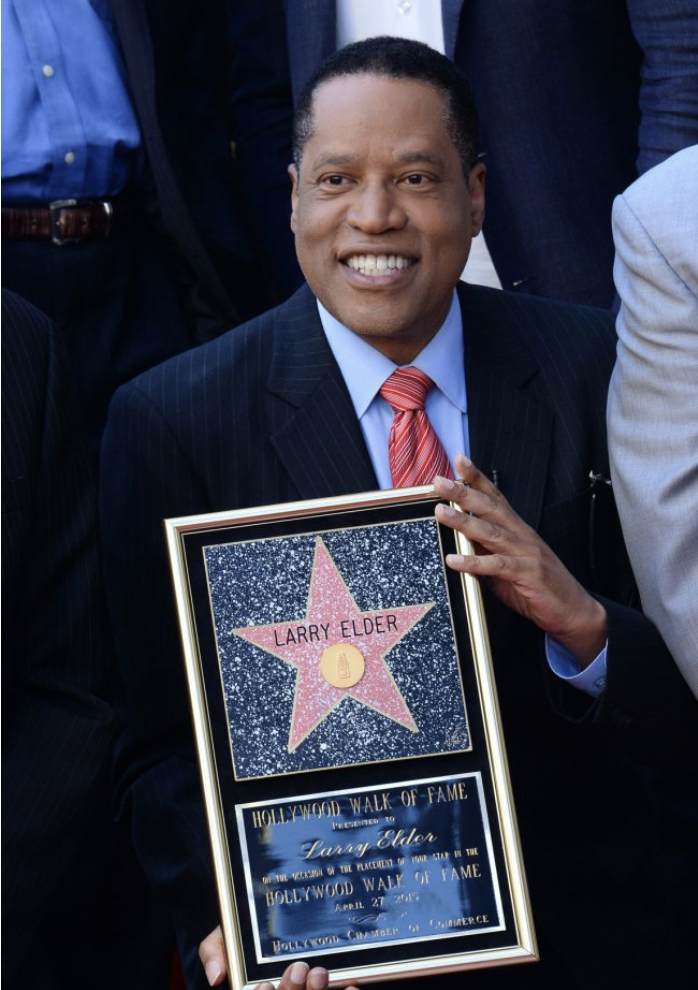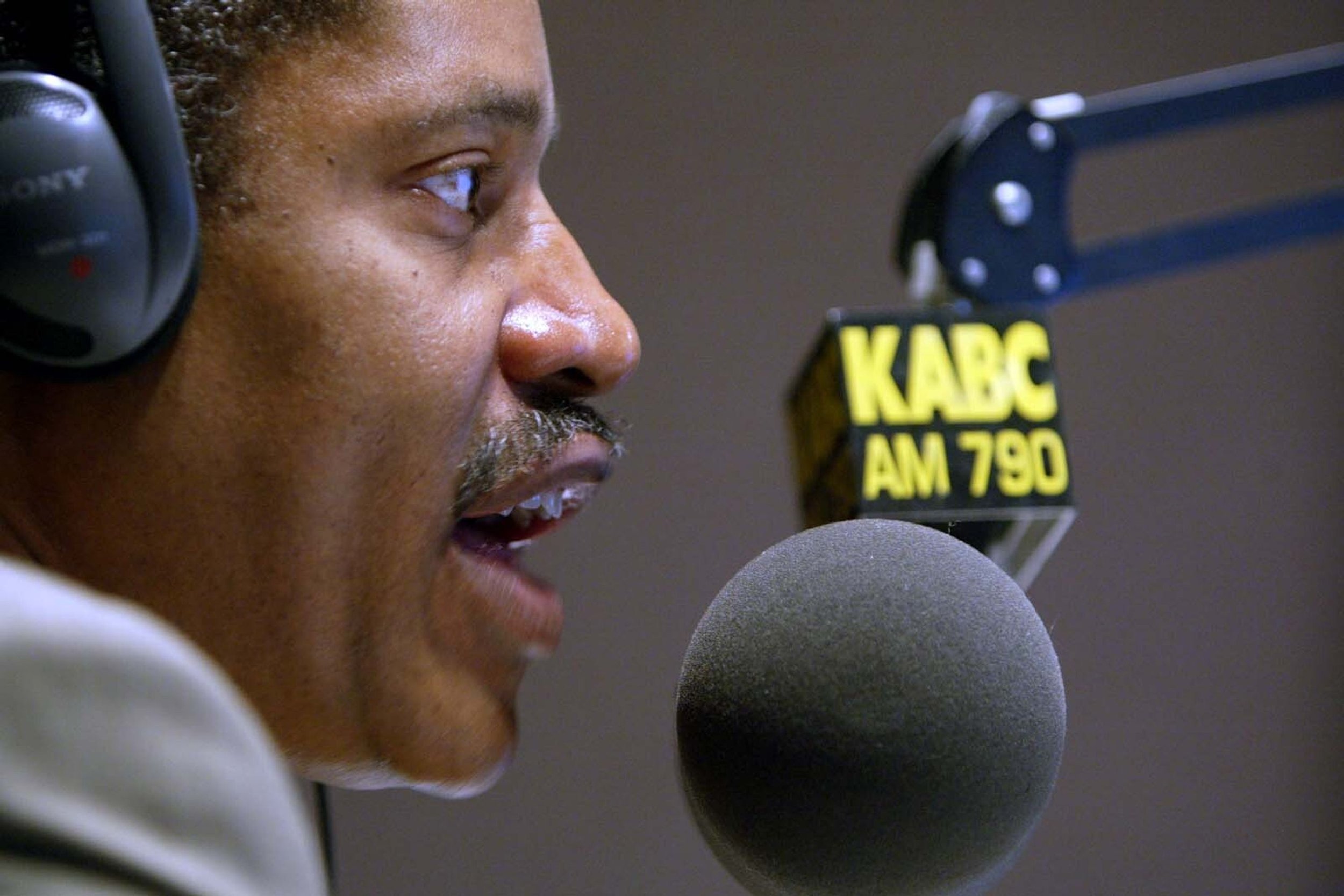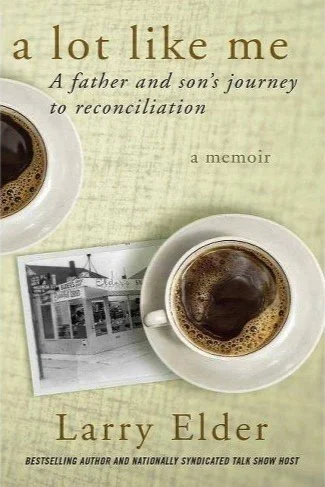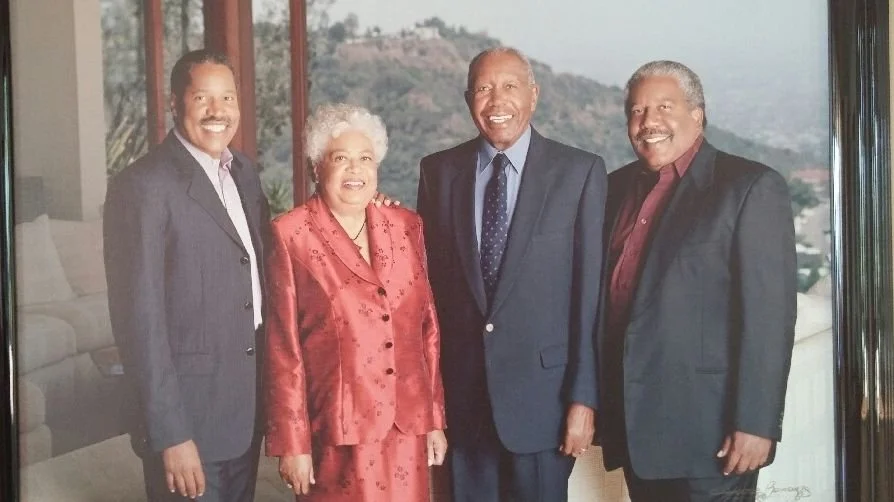LARRY ELDER- LAWYER,AUTHOR, RADIO HOST.
Laurence Allen Elder is an American conservative political commentator, talk radio host, and lawyer. He hosts The Larry Elder Show, a nationally syndicated political issues program.
Elder, a former attorney, has written several books and a nationally syndicated column newspaper column.
In 2021, Elder launched his first run for public office, as a Republican candidate in the recall election of California's Democratic governor, Gavin Newsom. The recall was defeated by a wide margin, although Elder placed first among the replacement candidates. On April 20, 2023, Elder announced his candidacy for the Republican nomination in the 2024 presidential election, but dropped out on October 26.
Career Highlights:
Gubnatorial Candidate, California 2021 recall election
Columnist, Creators Syndicate
Film Creator, Michael & Me, 2005
Former Radio Talk Show Host
Former Host, The Larry Elder Show (TV show)
Former Host, Moral Court (TV show)
Former Co-Host, National Desk, PBS
Former Co-Host, Fabric (TV show)
Founder, Laurence A. Elder and Associates, 1980-1987
Lawyer, Squire, Sanders & Dempsey, 1977-1980
CHILDHOOD AND EARLY YEARS
Laurence Allen Elder was born in Los Angeles and grew up in the city's Pico-Union and South Central areas. He was the middle child of three brothers.
Larry Elder's mother was Viola Conley (1924–2006), the daughter of Paschal Conley II, granddaughter of Paschal ‘Pony’ Conley, great-granddaughter of William ‘Bill’ Conley, the family’s larger-than-life business figure in the Post Civil War Reconstruction Era. Viola was thus 2x-great-granddaughter of James & Jane Conley, keepers of the Green Bottom resort in Huntsville, Alabama. Through this bloodline, she was 3x-great-granddaughter of the irrepressible hotelier and sportsman John Oldham Connally.
Viola was, for many years, one of the cultural leaders in the Conley Family. She was first a clerical worker for the United States Department of War during World War II, until 1945. After the WW2, she worked for Pacific Bell Telephone as a switchboard operator.
In 1993, Larry Elder was a featured speaker at a historically significant gathering of the family in Washington DC.
SCHOOL YEARS
Elder attended Crenshaw High School, graduating in 1970. He was a highly intelligent, diligent student.
Due to Larry Elder’s political orientation and activities, there have been erroneously reports and misinformation campaigns about his childhood, and the quality of his upbringing. He was from a stable, working-class home, filled with ambition through his mother, who had a strong connection to her Conley heritage and direct knowledge of her great-grandfather Bill Conley’s business prowess and post-Civil War wealth.
“When I was seven years old, my mother sat me down with an illustrated book of all the presidents from George Washington to then-incumbent Dwight Eisenhower. She went over all their highlights and achievements, and at the end of it, she said, ‘Larry, someday if you want to, you can be in this book,’” Elder recalled in an interview with the Brown University Alumni Magazine with ivy Scott in 2023.
Elder as a high school senior in 1970.
UNIVERSITY STUDIES
In 1974, Elder earned his undergraduate degree in political science from Brown University in Rhode Island.
In 1977, he earned a Juris Doctor from the University of Michigan Law School in Ann Arbor, Michigan.
LEGAL CAREEr 1980-1995
After graduation from law school, Elder joined the Cleveland-based law firm Squire, Sanders & Dempsey. His career as an attorney at a large firm would be short-lived. After three years, he started the first of what would become a series of businesses in which he had complete control. In 1980, he founded Laurence A. Elder and Associates, a legal executive search firm which would prove to be very lucrative. From 1980 until 1995, the search firm would place partner-level lawyers with firms across the MidWest.
MEDIA CAREER 1995-2004
As his executive search firm grew, Larry Elder began a series of appearances on radio and television shows. His deeply conservative viewpoints developed an audience. He hosted a topic-oriented television show in Cleveland, first on PBS, then on the local Fox affiliate.
A fateful meeting with Dennis Prager, a Jewish KABC talk-show host who visited Cleveland, accelerated Larry Elder’s media career. The pair struck up a friendship which refined Elder’s themes of self-reliance. It was in this era that he began to read Libertarian Classics more deeply, such as Ayn Rand's The Fountainhead and Aldous Huxley's Brave New World. Elder became host of the television show, “Moral Court,” distributed by Warner Brothers Television, returning to Los Angeles triumphant in 1994, his evolution from lawyer to talk-show host was complete.
In 1997, he hosted the groundbreaking PBS “National Desk” series along with fellow conservatives Fred Barnes and Laura Ingraham. His PBS work earned him a 1998 AEGIS Award of Excellence, and a 1998 ‘Telly’ Award.
Elder national audience grew substantially. was the subject of profiles by both “60 Minutes” and “20/20.” In 1999 he received a Los Angeles area Emmy for “Best News Special.” , and a 1999 Emerald City Gold Award of Excellence. By the Year 2000, he was a national media figure in Conservative Republican and Libertarian circles.
Dennis Prager mentored Larry Elder in the nuances of radio and television commentary. The relationship refined Elder’s style.
In the fall of 2004, Warner Brothers returned Elder to daily television with “The Larry Elder Show,” an hour-long multi-topic show that brought common sense, sound advice and realistic, workable solutions.
POLITICS & PUBLISHING (2004 - 2020)
He then launched a daily live podcast as well as a webcast in December 2009. Elder returned to KABC in September 2010. But what provided a consistent ideological platform from the past 25 years has been his book publishing.
LARRY ELDER (left), with mother Viola Conley Elder and brothers.
ELECTORAL POLITICS (2020-2024)
On September 12, 2021, Elder made his first foray into electoral politics when he lost in a recall election that attempted to remove California Governor Gavin Newsom from his post. Elder polled 2.7 million votes, far more than the other 45 candidates seeking to become governor if Newson lost the recall. The California governor, however, won over 6.7 million votes, ensuring the recall effort would fail.
